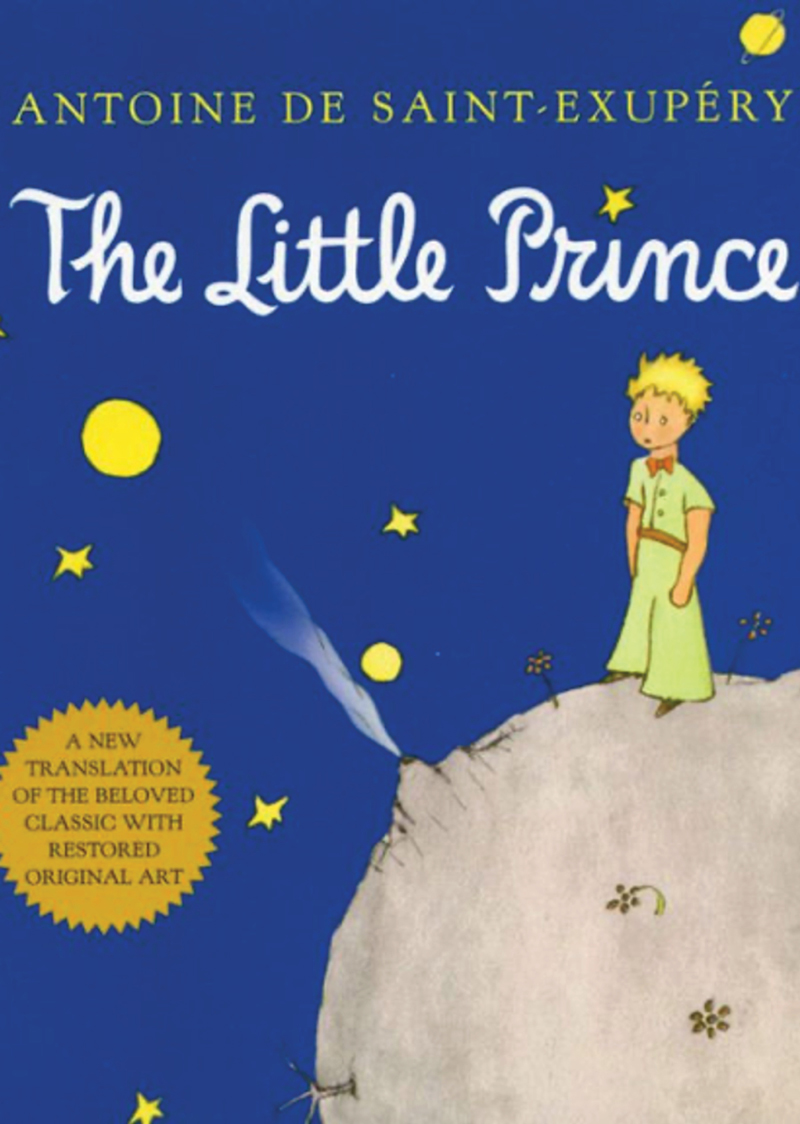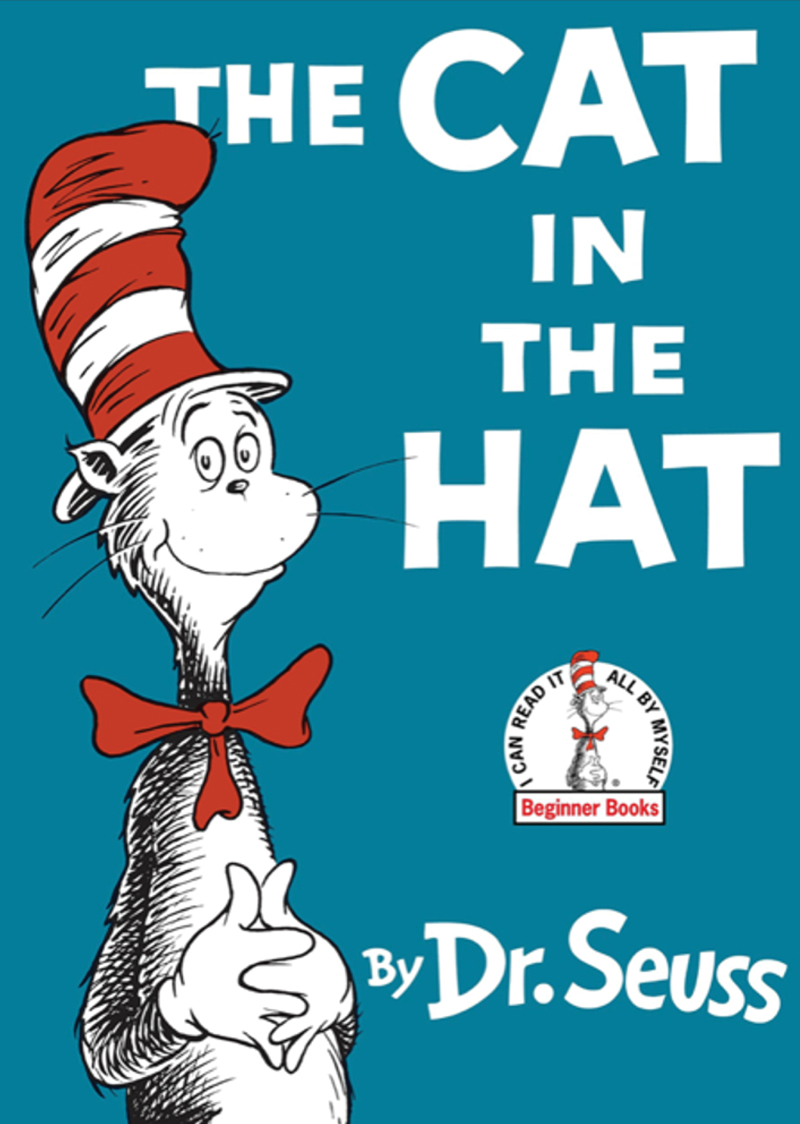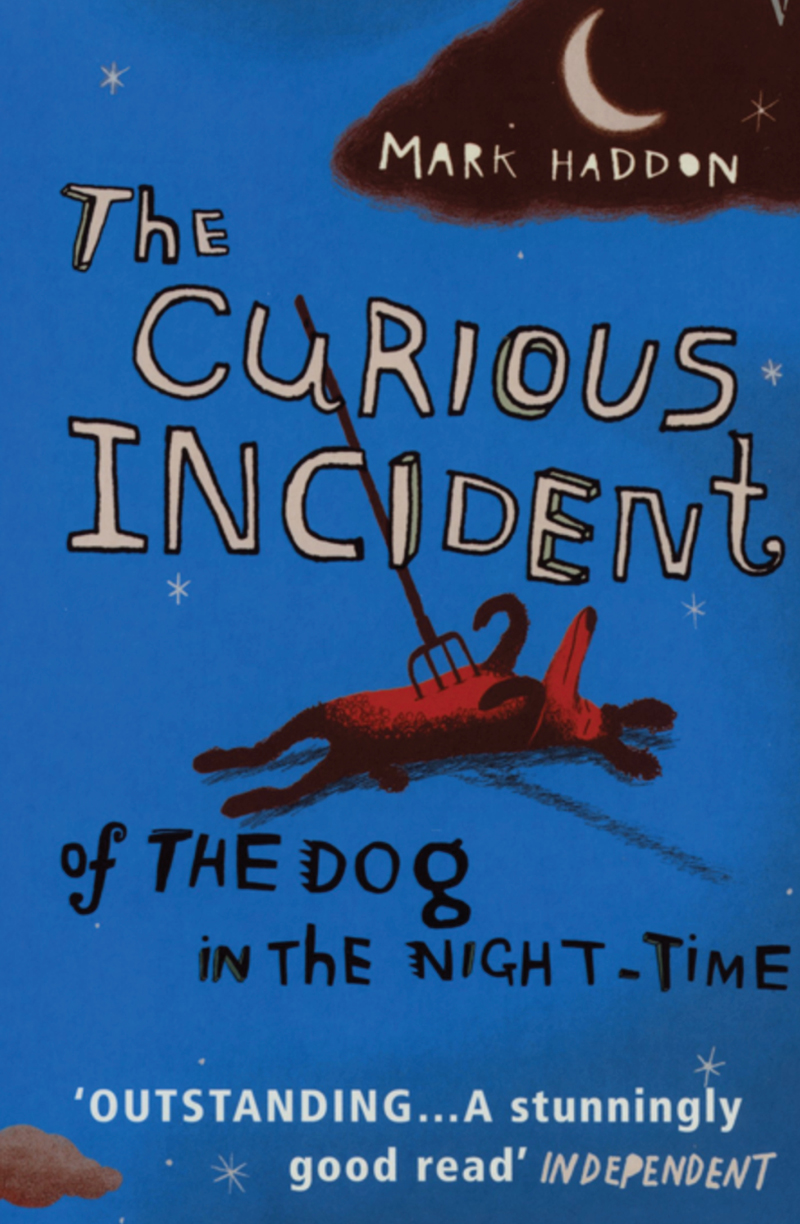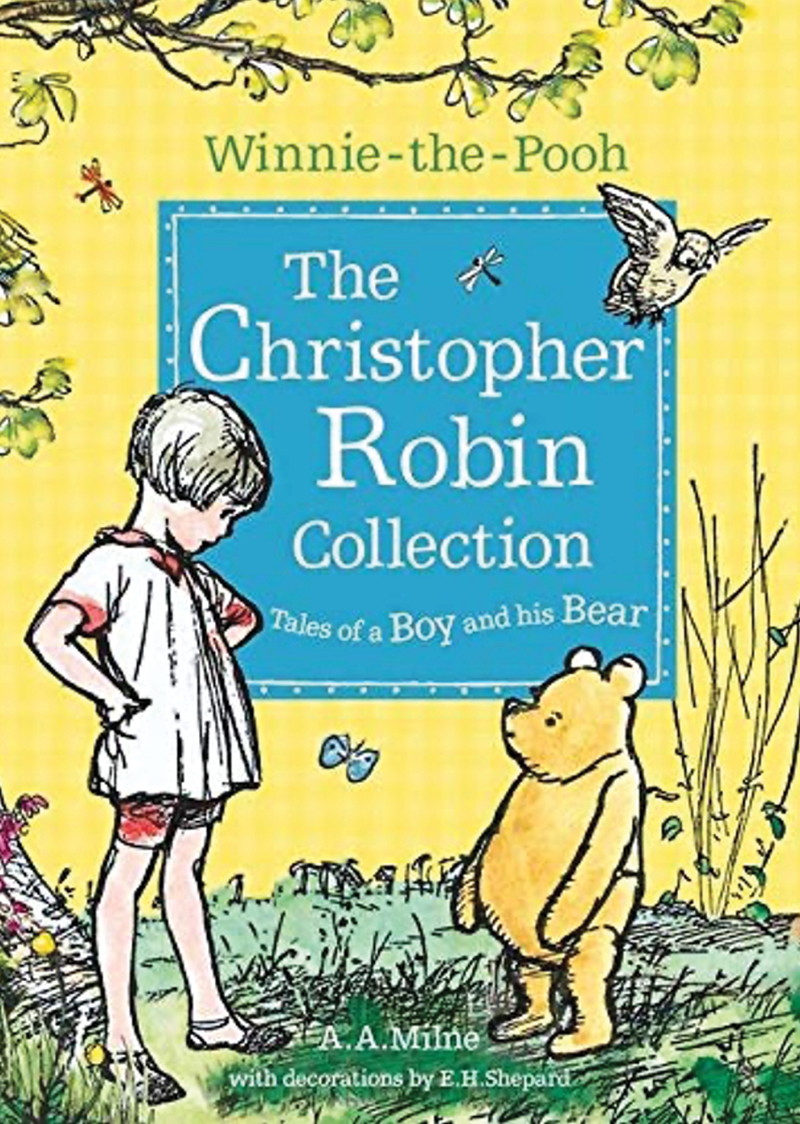Why adults should (sometimes) read children’s books
If you agree that age doesn’t define who you are, you’re certainly not too old to read children’s literature. From igniting your imagination, to experiencing the world with a fresh perspective to being able to simply escape, children’s fiction opens up a world of fantasy and hope.
One of the things I enjoyed most about reading to my kids when they were young was enjoying the books that I had loved as a child all over again. I recall my mother asking if I wanted to take some books from her shelf that she had kept from when I was an adolescent, to read to my daughter. An hour later I was still sitting on the floor with a pile of books, completely engrossed in the pages, with the smell of wood polish and the rustle of dried flowers stuck between the pages transporting me back to my childhood.
What I realised when rereading those books is how many tales transcend the boundaries between children’s and adult stories. Just because the characters may be young and the writing simplistic in most cases, doesn’t mean the messages are not relevant to an older audience. Tough subjects like good versus evil, life and death, overcoming bullying with kindness, friendship and loyalty, are handled delicately, but with focus. The themes are a lesson in simplicity for adults, encouraging us to rethink these concepts. And while children’s literature can be a great form of escapism, there is also a deeper element of re-discovery. Rereading “reminds us that we can experience something intensely and not be seeing everything at the time. And going back, we see something different,” says Jill Campbell, an English professor at Yale University. “It’s a way of thinking more about a book that’s had an impact on you, but it’s also a way of thinking about your own life, memories and experiences; the continuities and the differences.”
Some are also a reminder of what we felt going through the things our children are currently experiencing. Adults have new worries and often forget the angst that many adolescents and teens go through. And then, of course, there’s the humour of a writer like Roald Dahl, whose marvellous characters remind us just how important it is to be able to laugh with abandon.
Four must-have classics for your bookshelf
| 1. | quest for friendship becomes a lesson about the quest for truth and the meaning of true love when read as an adult. When a pilot is forced to land his aeroplane in the Sahara Desert he meets a little prince who left his planet to explore different planets and acquire knowledge. The prince shares the valuable lessons he learnt on his journeys with the pilot. The key takeout is the open-mindedness of children. Adults tend to stop being inquisitive and asking questions and end up with rather narrow-minded and hopeless perspectives. The little prince is a symbol of hope who helps the pilot realise it’s not too late to pursue his dreams. While the storyline appears simple, the messages from the prince’s encounters with a king, a businessman, a geographer and a salesman, among others, are profound and encourage reflection: believe in your abilities; don’t focus on possessions; have a goal and pursue it; look inwards before judging others; look beyond the surface; take the time to appreciate and enjoy life; explore; and care for the things you have. |

| 2. | Dr. Seuss’ morality tales are as much fun for adults as they are for kids. Oh, The Places You Will Go is Dr. Seuss’s last published book and kids will enjoy it for the quirky character, vivid illustrations and his famous Cat in the Hat writing style. For adults it’s a lesson in positivity and acknowledging the hardships that people face as they go through life. How we choose to react to these circumstances – move forward or stand still - determines where we will go in life: “You have brains in your head. You have feet in your shoes. You can steer yourself any direction you choose,” Dr. Seuss famously says. Rereading this is a fun and entertaining way to reset your mindset with simple motivations: remember you’re in control of your destiny; your consciousness enables you to either take a certain path or avoid it; listen to your inner voice; how you choose to handle the things that you cannot control defines your success; playing a waiting game is key to remaining stuck; perseverance will see you through; and if you use your head and your feet, you can navigate any situation life throws your way. |

| 3. | Although originally written for children, The Curious Incident of the Dog in the Night-Time by Mark Haddon is the first book to have been published simultaneously in two imprints - one for children and one for adults. It’s narrated by 15-year old Christopher John Francis Boone who lives with his father Ed. His mother, Judy, died two years prior according to Ed. When his neighbour’s dog is killed and Christopher is a suspect, he decides to investigate the dog’s death. Although Christopher’s condition is not stated, the implication is that he is on the autism spectrum or as he describes himself, “a mathematician with some behavioural difficulties”. His condition is key to the messages that come through and exactly why adults would do well to read this book. It’s a frank look at how we view the world, emotionally (or lack thereof), as well as in terms of order and making sense of things. While it offers insight into autism, Haddon explains on his blog that it “is not a book about Asperger’s... if anything it’s a novel about difference, about being an outsider, about seeing the world in a surprising and revealing way.” That’s a good enough reason for a jaded adult to pick it up. |

| 4. | A. Milne’s books chronicling the adventures of Christopher Robin and his animal friends may be on most children’s bookshelves, but the lessons from residents of the Hundred Acre Wood have no age limit. Winnie-the-Pooh and friends share insights on topics from patience and gratitude to love and success and many a mood board has been adorned with some of the more famous quotes. The key message is that while we cannot control other people’s behaviour, we are in control of our choices. Pooh, Piglet, Eyeore, Tigger, Rabbit, Kanga, Roo and Christopher Robin offer simple but profound observations. On motivation and success: “You can’t stay in your corner of the Forest waiting for others to come to you. You have to go to them sometimes.” On kindness: “A little consideration, a little thought for others, makes all the difference.” On friendship: “A day without a friend is like a pot without a single drop of honey left inside.” On being judgemental: “Weeds are flowers too, once you get to know them.” And on self-belief: “You are braver than you believe, stronger than you seem and smarter than you think.” |

Ever the genius, Dr. Seuss reminds us: “You’re never too old, too wacky, too wild, to pick up a book and read to a child.” Or simply read it to yourself. Remember a good story is a good story, no matter at which age group it’s targeted. And while you’re at it, lighten up - go splash in the puddles and dance in the rain!

